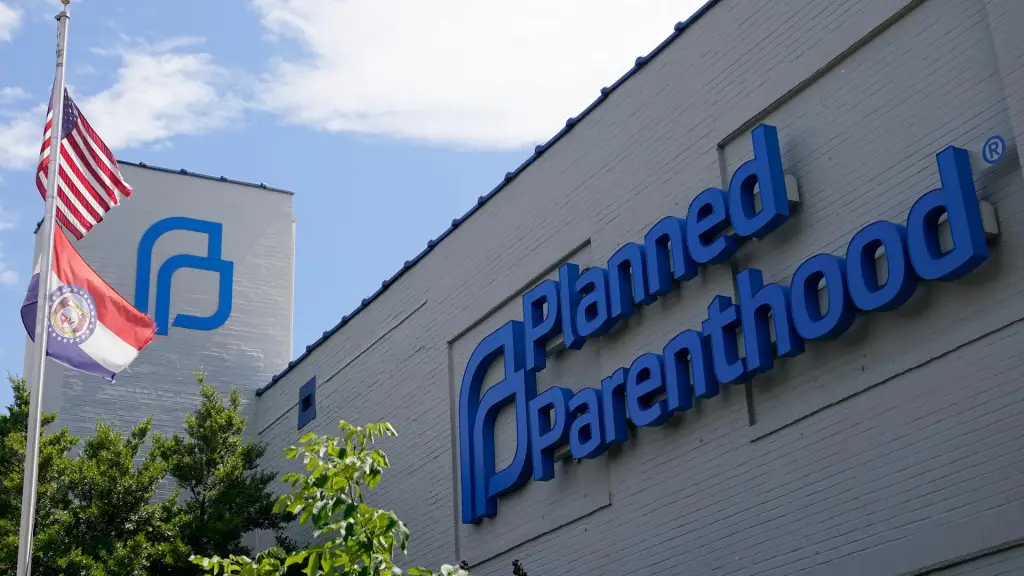Planned Parenthood has announced that it will be closing four of its health clinics in Iowa, a decision that is expected to affect thousands of patients across the state. This move has raised serious concerns about access to reproductive healthcare in both rural and urban areas of Iowa, especially for individuals who rely on these clinics for basic services like birth control, cancer screenings, STI testing, and general wellness care.
The organization confirmed that clinics located in Cedar Falls, Council Bluffs, Iowa City, and Cedar Rapids will be shutting their doors in the coming months. According to officials from Planned Parenthood North Central States (PPNCS), the closures are the result of a combination of funding issues, changes in healthcare demand, and the need to consolidate services to maintain quality care in remaining locations.
Planned Parenthood has long been a key provider of reproductive and sexual health services in Iowa. Many patients who use their services come from low-income backgrounds and may not have access to other affordable care providers. With the upcoming closures, advocates and public health experts fear that these individuals may be left with limited or no alternatives.
In a public statement, PPNCS leadership said the decision was not taken lightly. They emphasized that while it’s always difficult to close clinics, the goal is to continue providing high-quality services in a financially sustainable way. The organization will now shift its focus to strengthening its remaining health centers in Des Moines and Ames, which will remain operational.
This announcement comes at a time when access to reproductive health services is already a growing issue across several states. In recent years, changes in federal and state funding policies have directly affected organizations like Planned Parenthood, which often depend on grants and government partnerships to serve the public.
In Iowa specifically, state lawmakers have made multiple moves in recent years to cut public funding for clinics associated with abortion providers, even when the services being offered had nothing to do with abortion care. As a result, many clinics have faced severe operational difficulties, even when their focus was preventive care and routine health services.

Planned Parenthood does provide abortion services, but the vast majority of its services are related to preventative care, including contraception, screenings for cervical and breast cancer, STD testing and treatment, and other general reproductive health needs. The organization also plays a significant role in health education and outreach, especially in underserved communities.
For patients who relied on the now-closing clinics, the closures are already causing stress and confusion. Many are unsure where to go next or whether they will be able to afford similar care elsewhere. Transportation is also a barrier, particularly for patients in rural parts of Iowa who now may need to travel over an hour or more to reach the next nearest clinic.
Local health advocates are urging state leaders to step in and address the growing healthcare gap. Some are calling for expanded funding for community health centers, while others are asking for policy changes that would allow providers like Planned Parenthood to receive public funding again. Without these changes, they warn, Iowa could see rising rates of untreated STIs, unplanned pregnancies, and other public health problems.
The closures also highlight a broader national trend. Across the country, reproductive health services are increasingly under pressure due to political, legal, and financial challenges. According to recent reports, several states have seen clinic closures, staff shortages, and reduced services – all of which negatively impact communities, especially those already facing health disparities.
Planned Parenthood says it will work to transfer patient records and help individuals transition to new providers where possible. They are also expanding their telehealth services to ensure patients in remote areas still have some access to care, though this may not replace physical services like Pap smears or STD testing.
As of now, the exact timeline for each clinic’s closure is still being finalized, but the process is expected to be completed by the end of the summer. Patients are being urged to reach out to their current clinics as soon as possible to understand their options and make alternative arrangements.
While Planned Parenthood continues to fight for reproductive health access at both the local and national level, the closures in Iowa are a stark reminder of how fragile the current healthcare system is for many Americans—especially when it comes to reproductive rights and affordable, accessible care.




